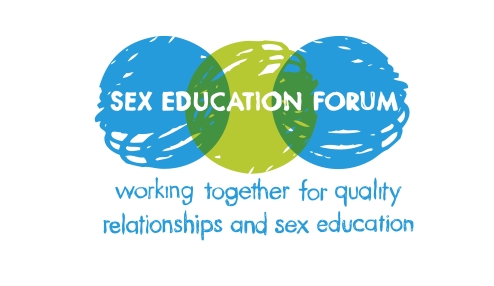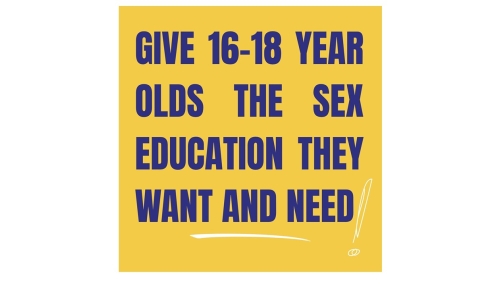This imagined account is based on my experiences as a nurture base tutor in a local authority secondary and sixth form, working with learners aged 16-19 all with moderate to severe learning disabilities. All names and characters are fictional. The activity described took place prior to Covid-19 restrictions.
It is a chilly day in November, and 6BKR are arriving for their weekly Sex and Safety lesson. These 11 young people aged between 16 and 19 all have moderate to severe learning disabilities. No one can read or write independently, and everyone needs lots of support. Several learners have autistic spectrum conditions, two learners are non-verbal, one has significant hearing impairment, two have Downs Syndrome. Everyone lives at home with their parents. But these are young adults. Teenagers with all the same needs, wishes and urges as their peers in mainstream college, but without the experience or social skills to navigate the adult world they are entering.
It’s not that my learners have no experience of sex and sexuality. Raymond announced very loudly that he has ‘done sex with a girl’ and Chantelle regularly touches her genitals for comfort and pleasure, often in the classroom. Lewis is very aware of the changing state of his penis, and is likely to put his hand up to tell the rest of the class. Sophie is so mortified about anything and everything to do with sex that frequently her embarrassed giggles descend into uncontrollable crying.
Today we are going to learn about consent. How do we know if someone else wants to be touched by us? How do we show whether or not we want to be touched? How do say if we change our mind and want to stop? What sort of touches would be good, always good, and which touches are bad? Are there any touches that are sometimes good and sometimes bad? How would we know?
We bring our chairs into a big circle. Mrs Watson, Mr Asim and myself are strategically placed within the group. We start by passing around a big red cushion and answering the question “what did you have for breakfast today?” Raymond had leftover pizza, and Jacob had eggs. Several learners had nothing, so Mrs Watson pops off to make a few rounds of toast. My next question introduces today’s learning – “tell me something that you like the feel of when you touch it”. I like to stroke my cat, Emma likes when the hairdresser massages her head when she washes her hair, Tyron likes kinetic sand.
“What about something you don’t like the feel of?” Mr Asim does not like the feel of cotton wool, Jack does not like food that is crunchy, and Suleman gestures and grimaces to tell us he does not like play-doh.
“How can we show that we don’t want to touch something that we don’t like?” Suggestions from the group include saying no, shaking our head, putting our hands behind our back, folding our arms, giving it back, and walking away.
We move over to a big table groaning with sensory objects. I invite the learners to choose something to hold that they like to touch, to smell, to taste… everyone picks something and comes back to the circle. We talk about what they have picked and why.
Next we offer people to swap objects. If they want to swap, they can, but if they don’t want to they need to say or show that they don’t. The person offering the object must respect that. We talk about how it feels to say no, and to be turned down when you offer something.
The bell is about to go, so we have a final round of an unrelated question. If you could be an animal today, which animal would you be? Kathryn speaks for the first time this lesson. She would be a giraffe. Coats go on, and everyone goes outside.
Join me on 19th November 2020 for a 2-hour webinar exploring how to deliver age-appropriate and rights-based relationships and sex education to older learners with SEND. We will examine how to approach challenging adult themes in a differentiated and developmentally appropriate way, in line with preparing for adulthood outcomes. Designed for teachers of KS3, 4, 5 and beyond, the course will cover how to embed RSE content and messages in a life-skills focused curriculum, supporting independent living, and empowering learners with additional needs with the skills and tools to navigate their adult relationships safely. This short course is ideal for teachers, SENCos and leaders in SEND settings, or with SEND responsibility in mainstream settings.
Rachael Baker
Senior RSE Specialist
November 2020
Further support
- Browse our training calendar for webinars and short courses
- SEND training available to commission
- RSE for pupile with SEND - short guide




Share